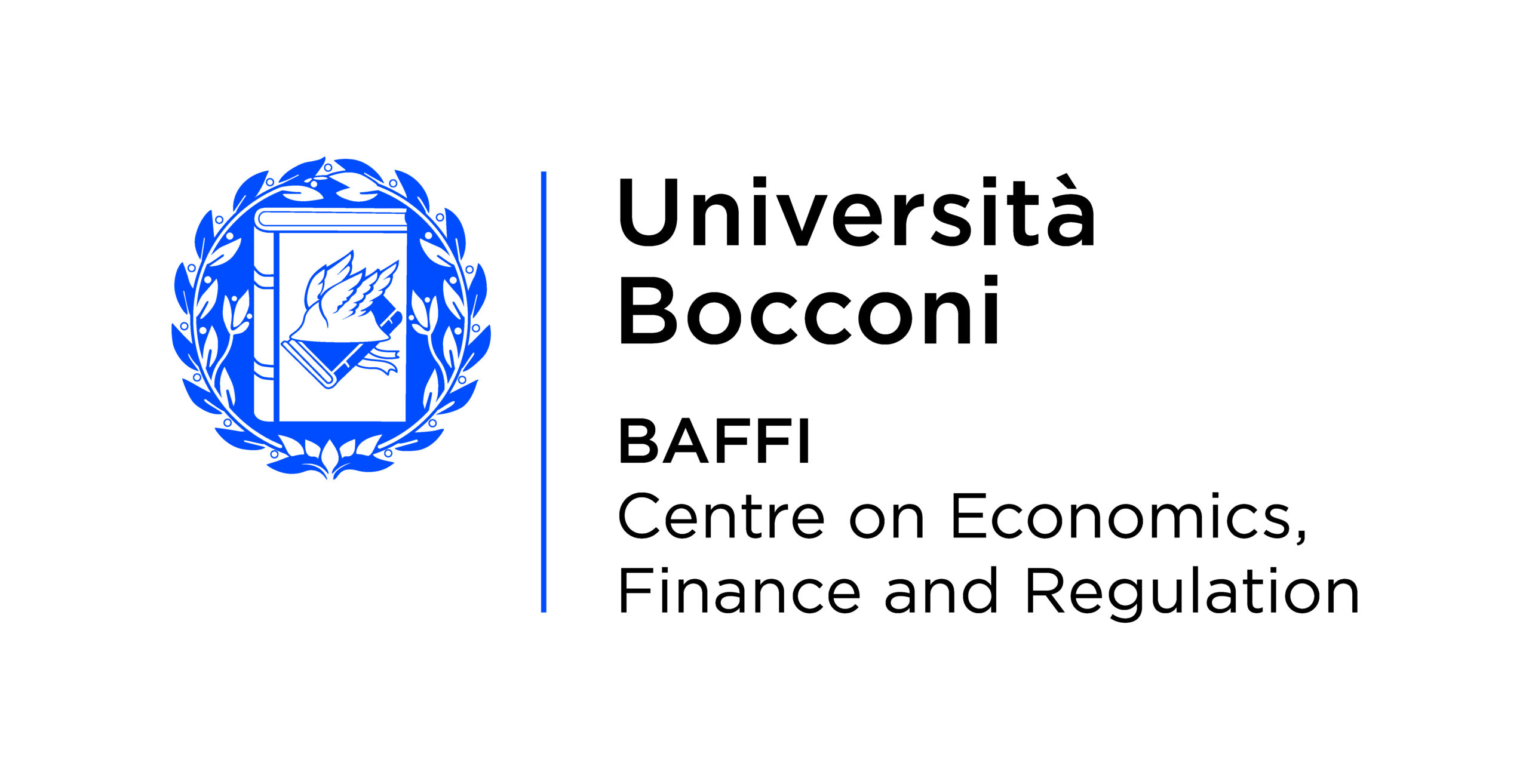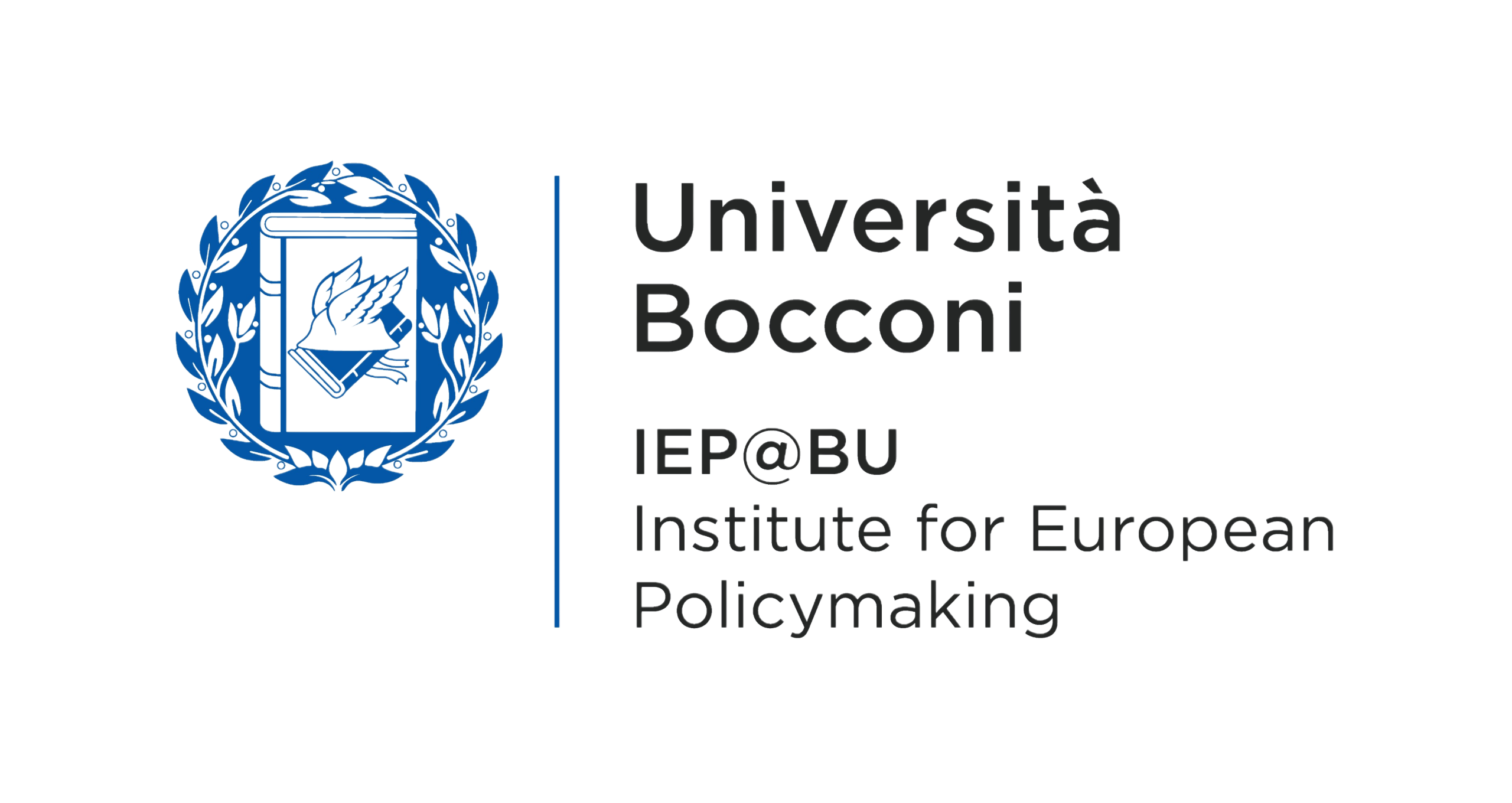

Webex
14:30-16:00 CET


From its origins in ancient Mesopotamia through the advent of coinage in ancient Greece and Rome and the invention of paper currency in medieval China, the progress of finance and money has been driven by technological developments. The great technological change of our age in relation to money centers on the creation of digital money and digital payment systems. Money in Crisis (Ignazio Angeloni, Daniel Gros) explains what the digital revolution in money is, why it matters, and how its potential benefits can be realized or undermined. It explores the history, theory, and evolving technologies underlying money and warns us that money is in crisis: under threat from inflation, financial instability, and digital wizardry. It discusses how modern forms of digital money (crypto, central bank digital currencies, etc.) fit into monetary history and explains the benefits and risks of recent innovations from an economic, political, social, and cultural viewpoint.
Crisis Cycle: Challenges, Evolution and Future of the Euro
Ignazio Angeloni, Policy Fellow · Leibniz Institute for Financial Research SAFE & Bocconi University presentationFor more information on the book, also see here.